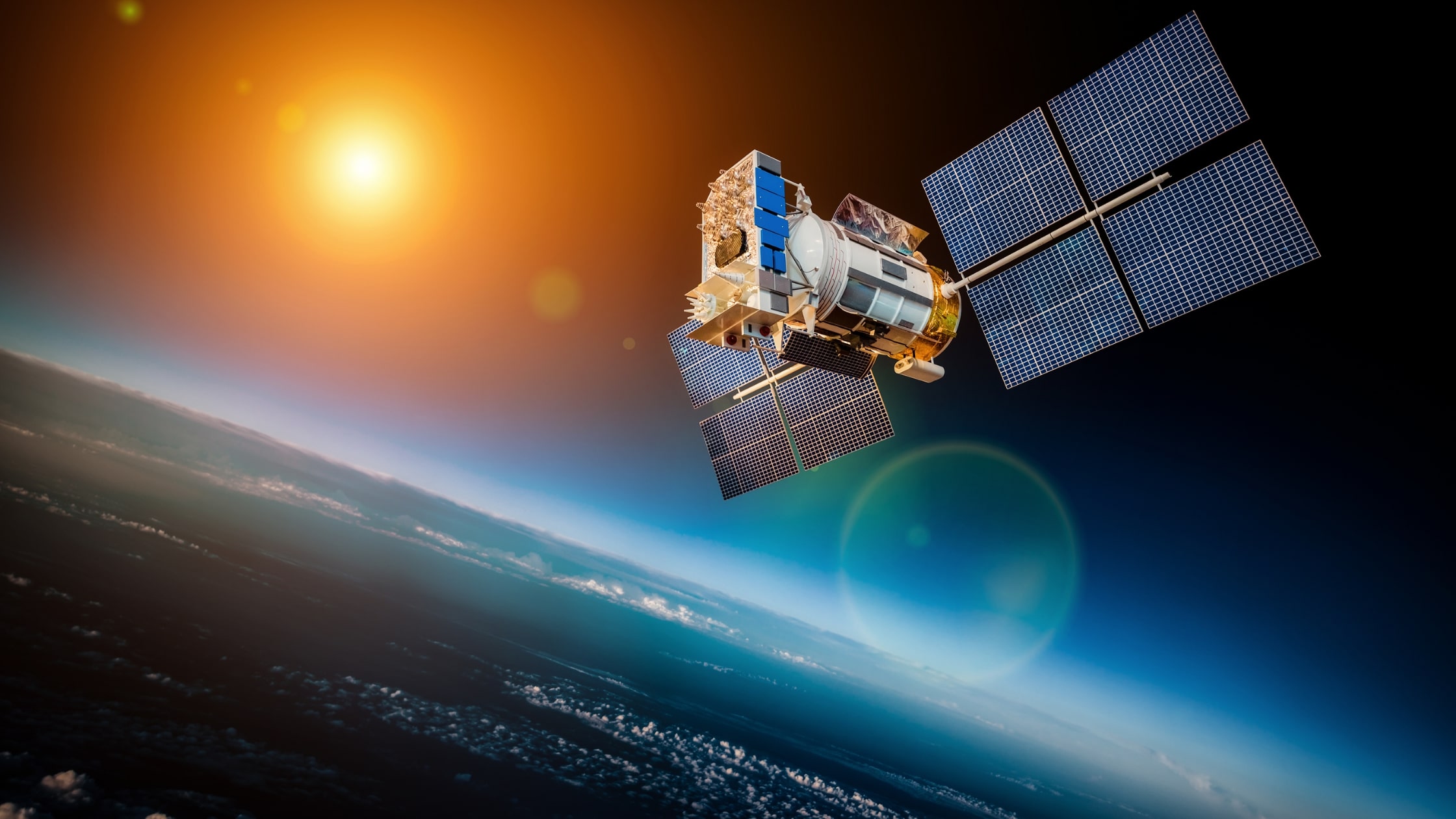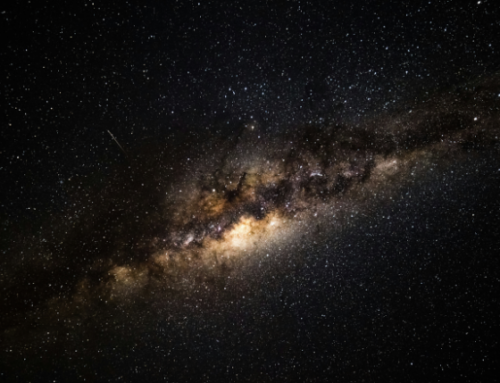The NewSpace industry continues to exhibit explosive growth and Silicon Valley remains a hotbed of this trend. One of the most notable innovators is the company Planet Labs Inc., an American Earth imaging company based in San Francisco, California. Their goal is to monitor the entire Earth daily to pinpoint changes and trends.
A key segment of Planet’s company was first established as the German-based company, RapidEye, in 1998. They first launched five Earth-observing satellites into SSO orbit in 2008. The next year, they created SkyBox, an independent company, in Mountain View, California. By 2010, Planet Labs Inc. was established by former NASA scientists and co-founders Will Marshall, Robbie Schingler and Chris Boshuizen, with the mission to use space to help life on Earth. With a small group of physicists and engineers, they began creating Planet’s first satellite in a garage in Cupertino, California.
Over the past decade, the company has launched several satellites and projects. Dove 1, Planet’s sent its first satellite, went into orbit aboard a Soyuz rocket and captured this first light image in 2013. The following year, CEO Will Marshall announced Planet’s Mission 1 – a goal to image the entire Earth’s surface daily and make global change visible, accessible, and actionable. In 2017, Planet made a world record satellite launch of 88 Dove satellites aboard a PSLV rocket. It was the largest constellation of satellites to ever launch on a single rocket – securing Planet’s ability to reach Mission 1 and continuously image the entire Earth’s landmass. They later launched 48 Dove satellites on a Soyuz rocket, which ensured the capacity to image Earth’s complete landmass.
Planet has expanded over the years. As of 2019, Planet Federal was established as Planet Federal, a wholly-owned subsidiary of Planet Labs, Inc., to develop commercial business into the U.S. government. Over the past decade, Planet has also expanded its expertise and range of products, acquiring such companies as BlackBridge, a Canadian aerospace business, and Terra Bella, a software imaging company, from Google.
Planet is now the go-to for geospatial insights occurring at the speed of change and equips organizations across the globe with the data they need to make informed and time-sensitive decisions. The company’s products include:
Planet Monitoring
With a suite of over 130+ satellites in orbit, Planet can image everywhere on Earth’s landmass on a daily basis with 3- to 5-meter resolution. Users can monitor areas of interest while discovering new trends and obtaining frequently updated insights.
Planet Tasking
Planet has 21 SkySats in orbit, holding the highest intraday revisit capability of any commercial provider. These satellites capture insights at an average of 5-10 times each day in areas that are typically extremely challenging for imaging because of low satellite capacity.
Basemaps
Basemaps allow users to power their applications and analytics seamlessly. The innovation is built with the most recent imagery over broad areas. Planet maintains the best pixels and transforms them into visually consistent and scientifically accurate images that support time-series analysis and machine learning analytics.
Planet Analytics Feed
Planet Analytic Feeds harnesses deep learning to identify objects and features of particular interest from their global imaging resources, allowing consumers to prioritize resources and take action with continuously updated and the most readily available insights.






